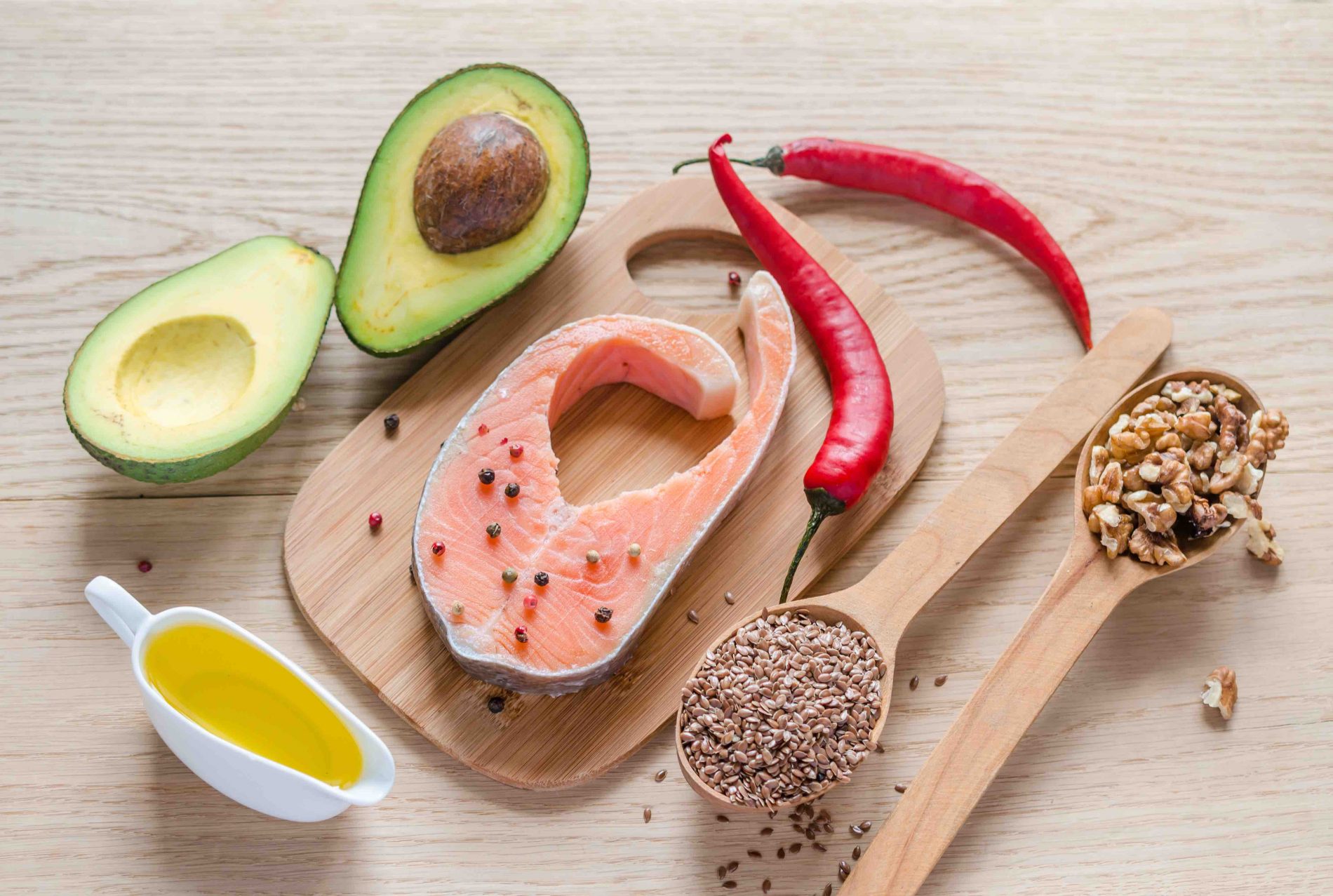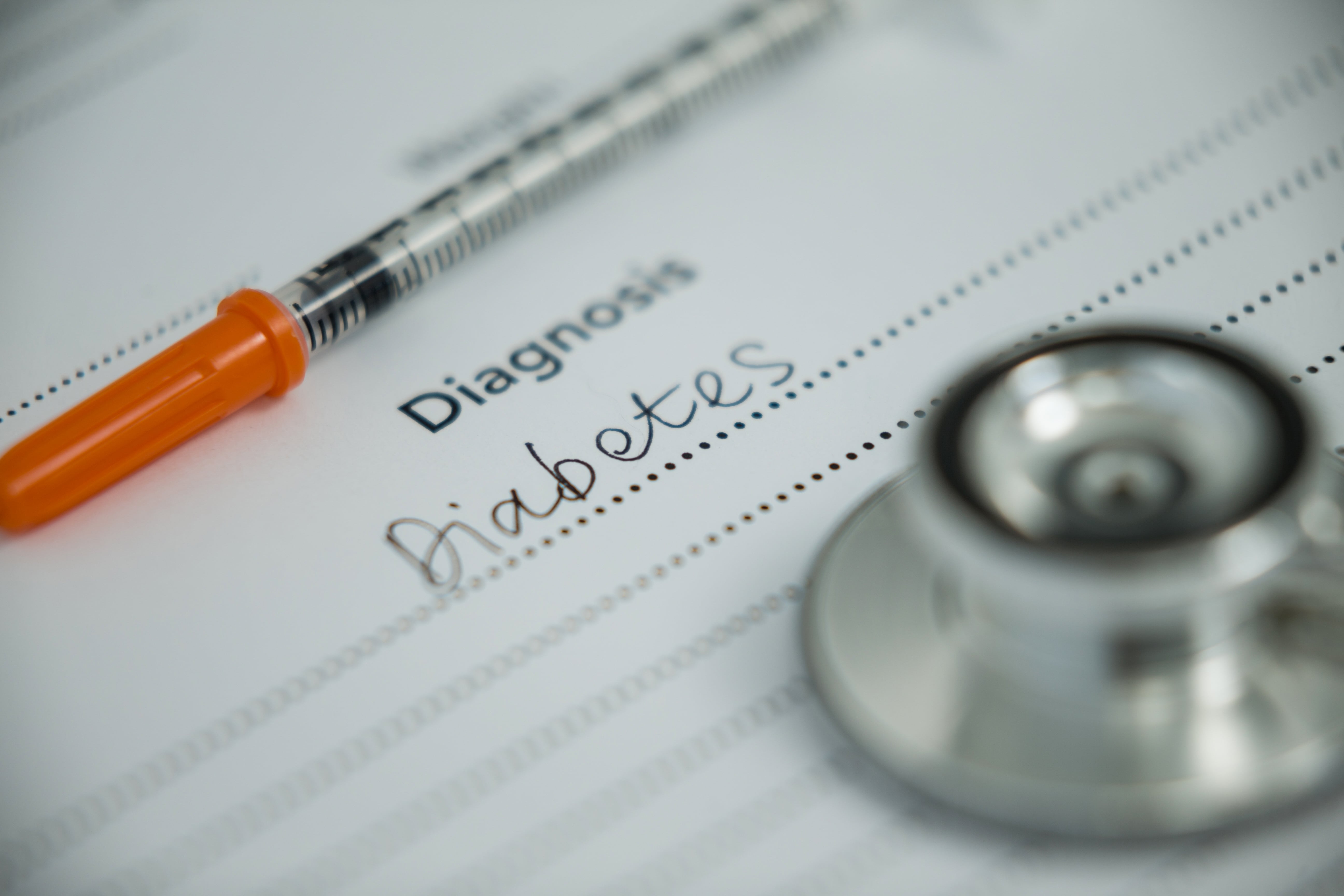People are always looking for the best diet for weight loss. But which diets really works? Furthermore, how do you know which diet is best for you?
Society for years have been telling us to avoid fat. In the 1980’s, there was the craze of the low-fat diet. It seemed as if everything in the supermarket was low fat. However, during that same time obesity rates soared in North America.
Then the ‘get moving’ movement came along…..get out and exercise! Excellent advice of course, but then why 20-30 years later are we as a society more overweight than ever?
Well, think of what manufacturers have to do to their product when they take the fat out? They add SUGAR! In fact, sugar is everywhere including foods deemed healthy, even milk!
But “Isn’t Sugar Just Calories, Not Fat?”
We’ve all been told about the calories in/calories out formula. So theoretically, “if I eat and then exercise, I won’t get fat”.
Well, that isn’t completely true. There are a lot of well-researched articles out there that explain this in depth, but the simple bottom line is that sugar is making us fat.
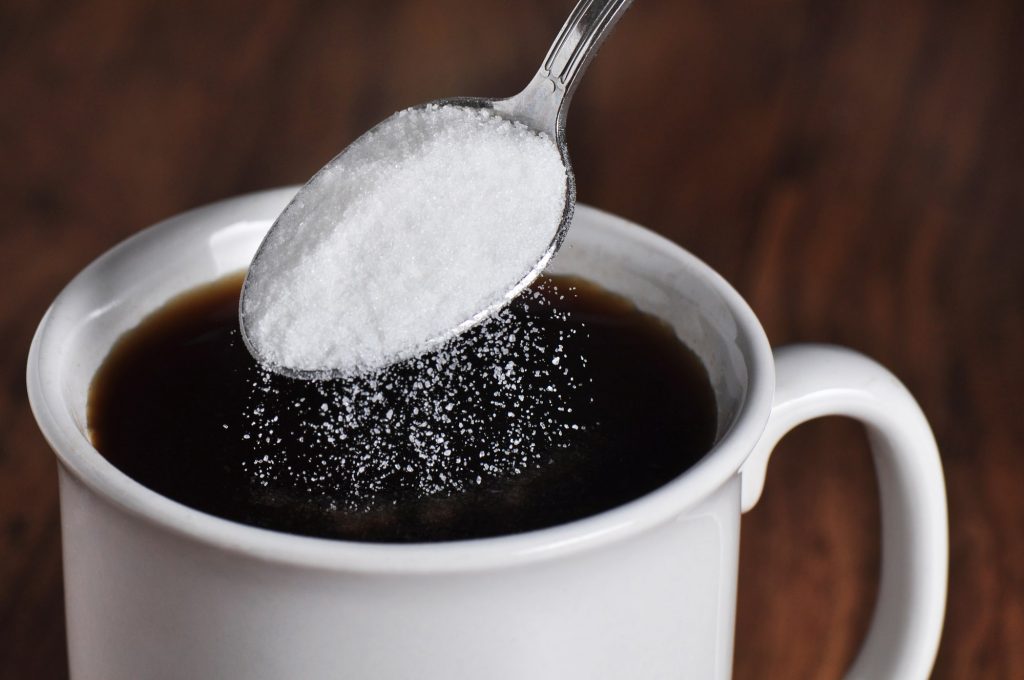
Why All The Hype About Sugar?
Sugar is glucose. Our blood cannot have an excess of glucose. This is why we have a hormone called insulin that regulates it. Insulin is crucial as it allows the cells in our muscles, fat and liver to absorb glucose that is in the blood. The glucose serves as energy to these cells. Our bodies are smart. The cells take only what they can use and nothing more.
What Happens When Our Cells Have What They Need, But There Is Excess Glucose In Our Blood?
For the sake of our health, insulin will take care of that! Insulin will convert it into fat, which appears on our tummy, thighs, arms..…all the places we’re trying to ‘burn it off’!
Our fat cells will always take more. They are never satisfied unlike the other cells which only take what they need.
So, our excess glucose is now FAT but sugar isn’t the only culprit.
Eating more protein than your body needs also converts to glucose. In addition foods high in carbohydrates act as a sugar in your body! Rice, pasta, potatoes, breads….all are glucose in your blood stream that insulin must deal with.
But our cells need energy! That is where FAT comes in. Our cells are designed to obtain energy from fat and our brain needs fat to function properly.
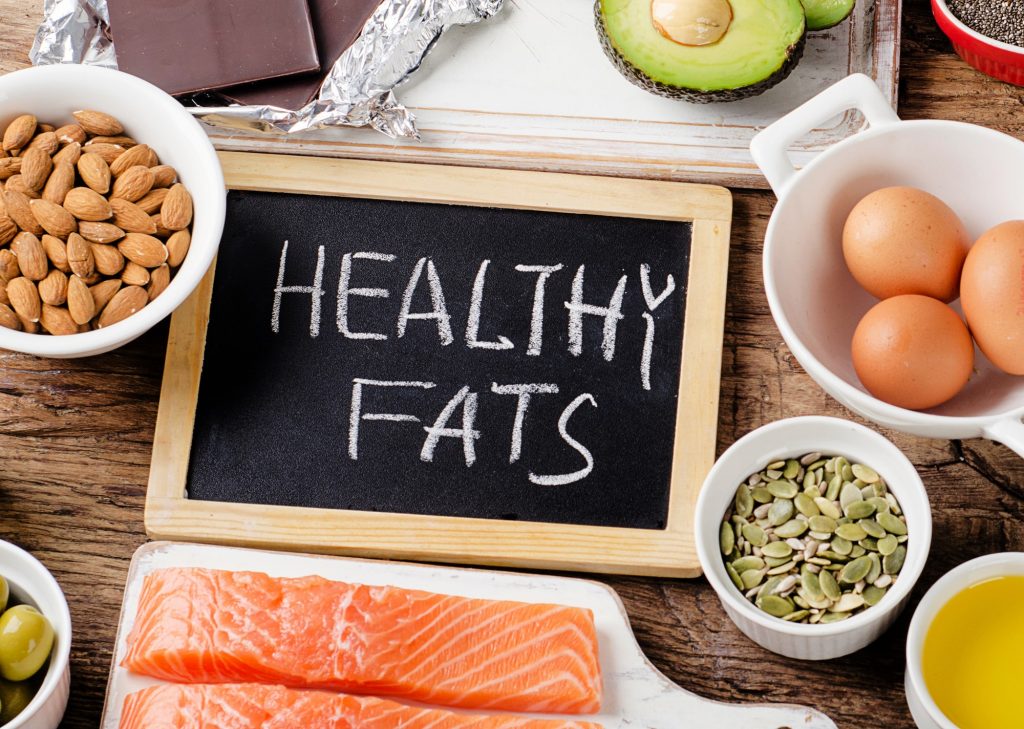
Not All Fat Is Bad Fat
Now, we’re not talking about harmful trans-fats. Rather the mono/poly-unsaturated ‘good’ fats that come from vegetables and plants. Think avocados, nuts, salmon and coconut oil.
Also, some saturated fats in moderation are necessary, despite even what national health guidelines may tell us. Saturated fat and cholesterol are essential to brain health and are not to be avoided! Not only are these fats essential to our body but they are low on the glycemic index which keeps your insulin low.
All About The Essentials
When you think about it, we have ‘essential’ proteins, fats and amino acids. “But have you ever heard of an ‘essential carbohydrate’?”
By consuming fat you’re keeping your blood sugar low and are more likely to feel satisfied. Therefore you’re less likely to get ‘hangry’ and make poor food choices. This is because with insulin low and blood sugars stable, your brain will make appropriate choices and you will feel fuller longer.
Fat has all sorts of other great health benefits. So don’t fear the fat! In fact, eat more fat, eat less carbohydrate foods and sugars. Your brain will thank you; not to mention you will have greater energy that is sustained throughout the day.
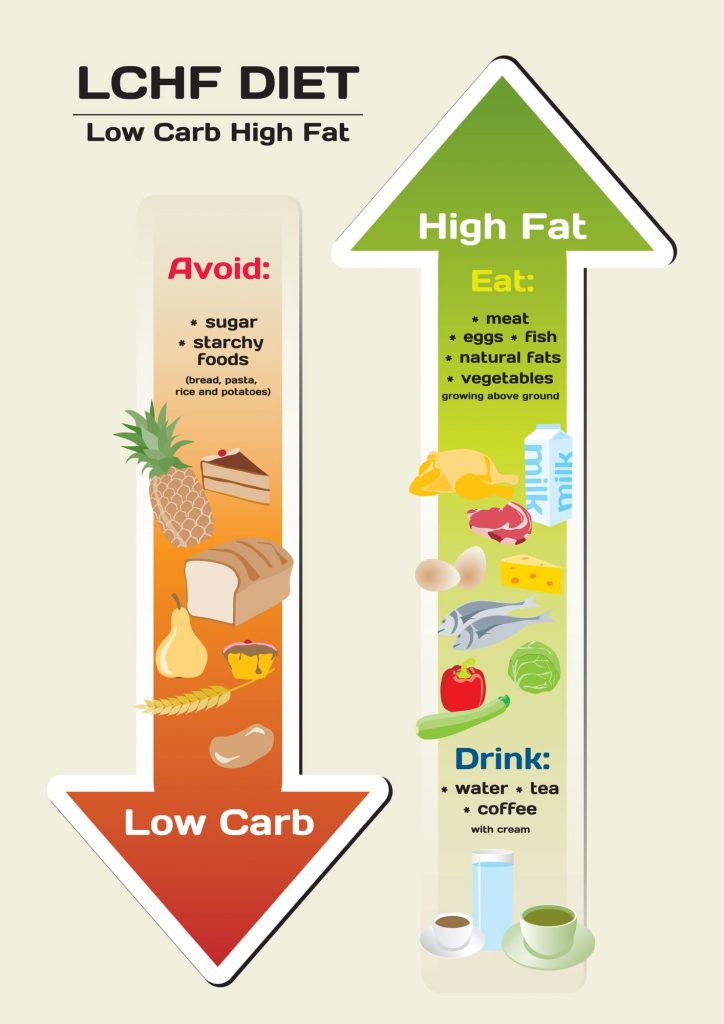
My Own Testimonial On The Best Diet For Weight Loss
I started a high-fat, low carb way of eating in the summer of 2015. Within a few weeks I was eating less food in general. Not consuming the copious amounts of food that our society seems to believe we need. Due to reducing sugar-laden foods, my taste buds became more sensitive to pure natural tastes which made meals more enjoyable.
My digestive system is now happier. My brain fog, gone. I lost 40 pounds by spring and have kept it off. Also, when I get hungry, I’m not ‘hangry’ and can prepare wholesome foods for my family. The research I’ve done on fat has proven this to be the best diet for weight loss and has been well worth it. You too may reap the benefits. So fear not the fat!
Jo-Anne Richardson has almost a decade of experience managing a chiropractic office and educating patients on how chiropractic can allow your body to express optimal health. She is a Registered Holistic Nutritionist and holds a Degree in Communications. She loves to experiment with raw vegan recipes, loves to salsa dance, travel and learn new holistic health information to share tips with everyone who visits the office.

